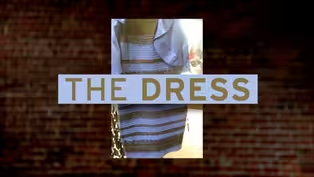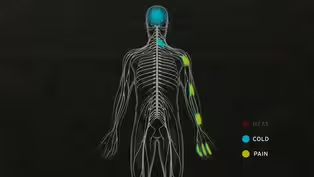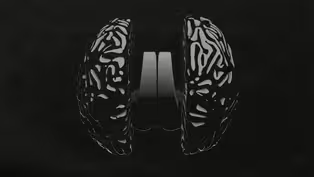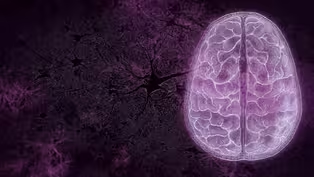
Your Memories Are Not as True as You Think
Clip: Season 50 Episode 9 | 3m 51sVideo has Closed Captions
It turns out memories have a very shaky foundation.
Did your memories ever really happen? Turns out, every time you recall a memory, it gets a little more false. Scientists explain why your memories change over time—and why they’re less real than you think.
Problems playing video? | Closed Captioning Feedback
Problems playing video? | Closed Captioning Feedback
Major funding for this program is provided by the Alfred P. Sloan Foundation. Additional funding is provided by the George D. Smith Fund. Additional funding is provided by the NOVA...

Your Memories Are Not as True as You Think
Clip: Season 50 Episode 9 | 3m 51sVideo has Closed Captions
Did your memories ever really happen? Turns out, every time you recall a memory, it gets a little more false. Scientists explain why your memories change over time—and why they’re less real than you think.
Problems playing video? | Closed Captioning Feedback
How to Watch NOVA
NOVA is available to stream on pbs.org and the free PBS App, available on iPhone, Apple TV, Android TV, Android smartphones, Amazon Fire TV, Amazon Fire Tablet, Roku, Samsung Smart TV, and Vizio.
Buy Now
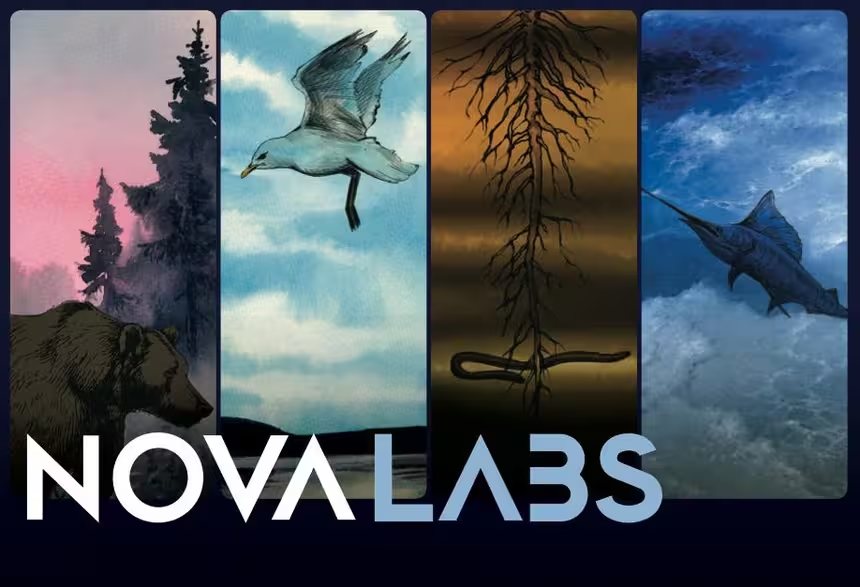
NOVA Labs
NOVA Labs is a free digital platform that engages teens and lifelong learners in games and interactives that foster authentic scientific exploration. Participants take part in real-world investigations by visualizing, analyzing, and playing with the same data that scientists use.Providing Support for PBS.org
Learn Moreabout PBS online sponsorship- [Narrator] Memory.
Each of us has a life rich with experiences to draw from.
Where we were born, went to school, who we fell in love with.
Memories are the cornerstone of our identities, but as it turns out, they have a very shaky foundation.
- The stories we tell ourselves or what we consider our memory is a construction.
We create these representations and they're very dynamic.
They constantly change.
You're kind of living a revision of the story of your life constantly.
- The more often we recall things the less objectively accurate our memories become.
- [Narrator] It turns out that every time you recall a memory, your first kiss, graduating from college, the death of a loved one, the very act of recollection makes it vulnerable to change.
- So, when you experience a new event it has to be stored in the brain, and then, we used to think that whenever you think about that event you retrieve the same original memory.
But what we got to realize in the last few decades is that whenever you retrieve a memory it goes back to an unstable state.
- [Narrator] In 2000, memory scientist, Eric Kandel won the Nobel Prize for showing that each memory creates new synapses, connections that store the memory.
But what happens when you recall it?
- Every time you remember it, you bring it up into your working memory and you perceive it and you destroy the long-term memory.
And you actually have to recast it into long-term memory when you re-remember it.
So, every single time you remember something you actually add more noise to it so that it's more and more and more false throughout time.
- [Narrator] This mechanism called reconsolidation was first discovered in rodents where neuroscientists witnessed what happens when a memory gets recollected.
For the memory to return to long-term storage, the connections between neurons actually have to get rebuilt.
Recent experiments have suggested this is likely a mechanism in human brains as well because certain drugs known to disrupt reconsolidation have been shown to alter human memories.
- We're stuck with the problem of how do we know what is true?
How do we know what's real?
And maybe part of the recognition is some of those things don't matter as much as we think they do.
- If we think about the fact that maybe our memories are not as they originally happened could be a scary thought because then who are we?
I think you need to think about it as something more liberating, because if you're stuck with original representations you're kind of stuck in the past.
- [Narrator] Just like our perceptions, our sense of self is dynamic, built to serve us in the present.
- Our experience of self is a construction at all sorts of different levels.
What the brain is doing, is interested in, is weaving together a kind of story.
- The brain is a storytelling machine, right?
It's a machine that's designed to make predictions.
- The narratives that we tell ourselves are the biggest illusions that we ever participate in.
- Your sense of who you are is an illusion as everything else.
You're no exception.
- [Narrator] But even if our sense of self is an illusion, where does that leave us?
- Trust the illusion.
That's the only thing that we can be sure of.
That what we perceive is not what's there.
How Your Brain Interprets Color
Video has Closed Captions
Clip: S50 Ep9 | 2m 24s | A vision scientist breaks down the infamous dress debate. (2m 24s)
Video has Closed Captions
Clip: S50 Ep9 | 3m 40s | This experiment shows how the brain can interpret — and misinterpret— pain. (3m 40s)
Is the Human Brain Actually Two Minds?
Video has Closed Captions
Clip: S50 Ep9 | 5m 17s | Severing the connection between the two halves of the brain reveals how the hemispheres function. (5m 17s)
Your Brain: Perception Deception Preview
Video has Closed Captions
Preview: S50 Ep9 | 29s | Neuroscientists discover the tricks and shortcuts the brain takes to help us survive. (29s)
Providing Support for PBS.org
Learn Moreabout PBS online sponsorship
- Science and Nature

Capturing the splendor of the natural world, from the African plains to the Antarctic ice.













Support for PBS provided by:
Major funding for this program is provided by the Alfred P. Sloan Foundation. Additional funding is provided by the George D. Smith Fund. Additional funding is provided by the NOVA...


